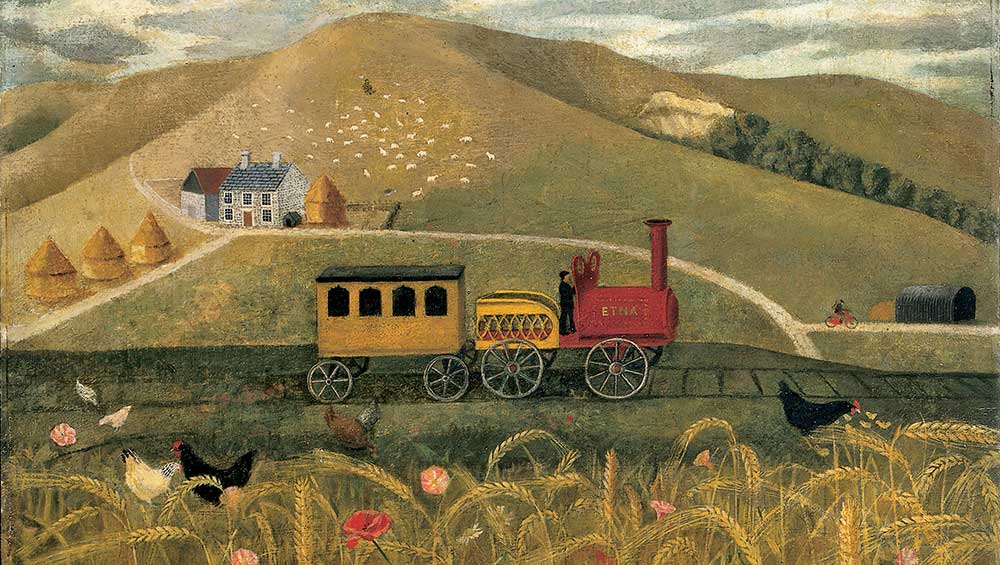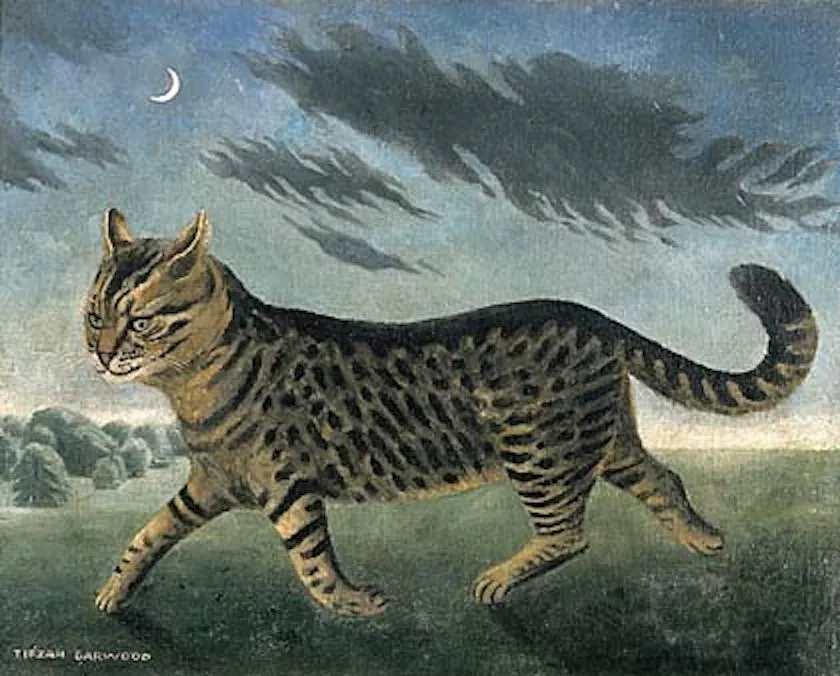Entry tags:
Free Trade
Book Review: River of Smoke, by Amitav Ghosh
The second book in the Ibis trilogy begins where Sea of Poppies left off. It's not necessary to have read the earlier book, as Ghosh summarises enough at the beginning of this volume, but overall I think it helps.
Again it has the feel of a nineteenth century novel - a cast of thousands, episodic telling, and barely laid morality elements. The book begins in Mauritius, but for the most part, the action has moved to Canton. Many of the characters from the first book are set aside, at least for the time being. Neel finds a berth and works as a secretary for an Indian opium trader; Paulette finds a passage to Hong Kong with a plant trader. It is 1838, and the western opium merchants are finding difficulty with the Chinese emperor. But as before, while the British complain noisily and belligerently with their own internal logic on "Free Trade" (Benjamin Burnham a passable imitation of Rees-Mogg), it is the Asians - both Indian and Chinese - who suffer more. It's quite an irony reading this in times where China is keen to trade with the rest of the world, and the US leadership is inclined to put up barriers to trade.
The second book in the Ibis trilogy begins where Sea of Poppies left off. It's not necessary to have read the earlier book, as Ghosh summarises enough at the beginning of this volume, but overall I think it helps.
Again it has the feel of a nineteenth century novel - a cast of thousands, episodic telling, and barely laid morality elements. The book begins in Mauritius, but for the most part, the action has moved to Canton. Many of the characters from the first book are set aside, at least for the time being. Neel finds a berth and works as a secretary for an Indian opium trader; Paulette finds a passage to Hong Kong with a plant trader. It is 1838, and the western opium merchants are finding difficulty with the Chinese emperor. But as before, while the British complain noisily and belligerently with their own internal logic on "Free Trade" (Benjamin Burnham a passable imitation of Rees-Mogg), it is the Asians - both Indian and Chinese - who suffer more. It's quite an irony reading this in times where China is keen to trade with the rest of the world, and the US leadership is inclined to put up barriers to trade.











